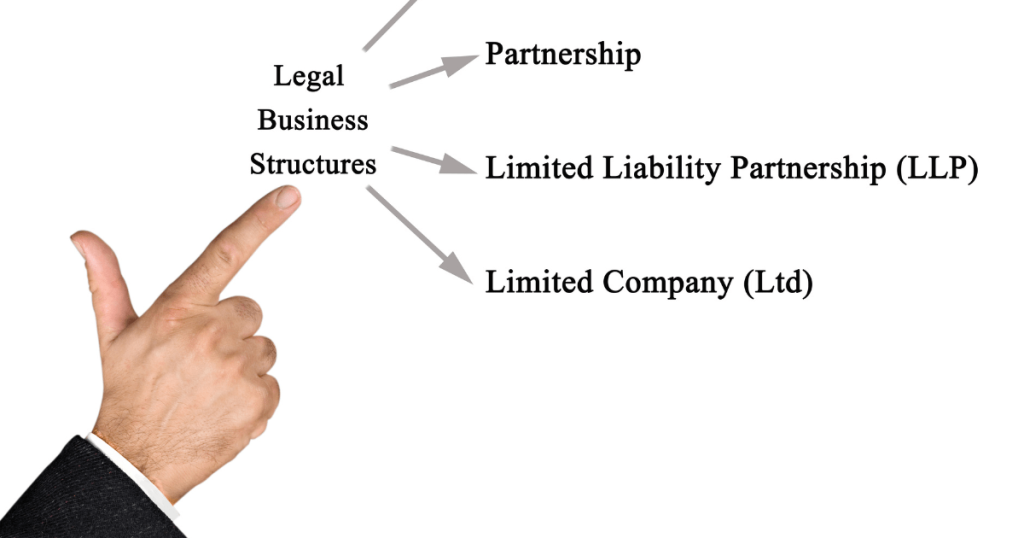How to start a business can be an extremely daunting task. There are many things to consider – from a clever business idea to setting up your finances and marketing strategy. It’s no wonder many people give up before they even start! So if you’re feeling overwhelmed, don’t worry – you’re not alone. Here are 10 steps to start a business.
What are some facts people looking for about How to start a business:
- You don’t need a fantastic, unique idea to start a successful business. Many of the most successful companies are based on very simple concepts.
- You don’t need a lot of money to get started, either. There are plenty of methods to finance your business without going into debt or breaking the bank.
- You don’t have to go it alone – there are plenty of resources to help you get started, from books and websites to networking groups and accelerators.
Why Doing Business is Beneficial:
There are several reasons why starting your own business can be beneficial. For one, being your boss means that you get to call the shots and make all of the decisions. You also can earn a lot more money than you would if you were working for someone else. Finally, owning your own business provides you with a sense of pride and accomplishment from knowing that you built something from the ground up. There are plenty of choices to start; you can start the business at home and can be a part of success with less resources.
Here we have outlined ten steps to help you start your business from the ground up. Follow these steps to start a business, and you’ll be on your way to entrepreneurship success!
Step One: Do Your Research
The first step to starting any business is doing your research. This means understanding the industry you want to enter, your potential customer base, and your competition. Then, it would help if you moved forward with setting up your business once you have a solid grasp of these things. Otherwise, you’re just shooting in the dark!
Step Two: Write a Business Plan
After doing your research, it’s time to start developing a business plan. This document will outline your business goals, strategies, and how you plan on achieving them. Don’t worry if you’ve never written a business plan before – plenty of resources are available to help you get started.
Step Three: Choose a Business Structure
One of the main decisions you’ll need to make is what legal structure your business will have. This will determine how you file your taxes and how much personal liability you’re exposed to. The most common business structures are sole proprietorships, partnerships, limited liability companies (LLCs), and corporations.
Step Four: Get Business Insurance
No matter what kind of business you’re in, having some form of insurance is important. This will protect you from any potential legal issues down the road. There are various types of business insurance, so be sure to do your research and pick the one that’s right for you.
Step Five: Register Your Business
The next step is to register your business with state officials. This is typically done through the Secretary of State’s office. Again, the process and fees vary from state to state, so check with your local government for more information.
Step Six: Get a Business License
Once you’ve registered your business, you’ll need to obtain a business license. This is generally obtained through the city or county in which your business is located. Again, the requirements and fees vary depending on where you are, so check with your local government for more information.
Step Seven: Open a Business Bank Account
Now that you’ve taken care of all the legalities, it’s time to open up a bank account for your business. This will help you keep your private and business finances separate, which is essential for legal and accounting purposes.
Step Eight: Create a Business Plan
The next step in starting your own business is to create a business plan. This document will outline your business goals, strategies, and how you plan on achieving them. If you’re seeking funding from investors or lenders, this document will be essential in convincing them to invest in your company. No matter what small business startup is always the best one to start.
You can also read about: Developing and Executing A Roadmap
Step Nine: Find Office or Retail Space
If you’re planning on opening up a brick-and-mortar business, the next step is to find an office or retail space. This can be a daunting chore, but plenty of resources can help you find the perfect location for your business.
Step Ten: Hire Employees
The final step in starting your own business is to hire employees. This is a critical step in ensuring your business runs smoothly and efficiently. Be sure to take the time to find the best candidates for the job, and don’t be afraid to invest in employee training and development.
By following these ten steps, you’ll be well on your way to starting your own successful business.
Essential Details for a Business Man:
Now that we have looked at the ten steps to take when starting your business from the ground up, it is important to look at some of the essential details.
One important detail is understanding your target market. This means understanding your potential customers and the needs that your product or service can fulfill. Another key detail is to create a solid business plan. This document will serve as a roadmap for your business, outlining your goals, strategies, and financial projections.
Finally, you must ensure you are organized and have all the necessary permits and licenses before you open for business. These three details are essential for any successful business venture.
There you have it! These are just a few of the many details you need to keep in mind when starting your own business. So do your study, plan, and be prepared for anything that comes your way. With these tips in mind, you can set yourself up for success.
The internet is a fantastic resource for entrepreneurs. Founders should use online resources to research their industry, target market, and competition. Numerous online tools and templates help founders create business plans and track progress.
Another critical step is to build a strong team of experts who can advise and support you as you grow your business. This may include hiring a lawyer, accountant, or marketing consultant.
Finally, don’t forget to be concerned about administrative details. This includes incorporating your business, obtaining the necessary licenses and permits, and opening a business bank account.




















